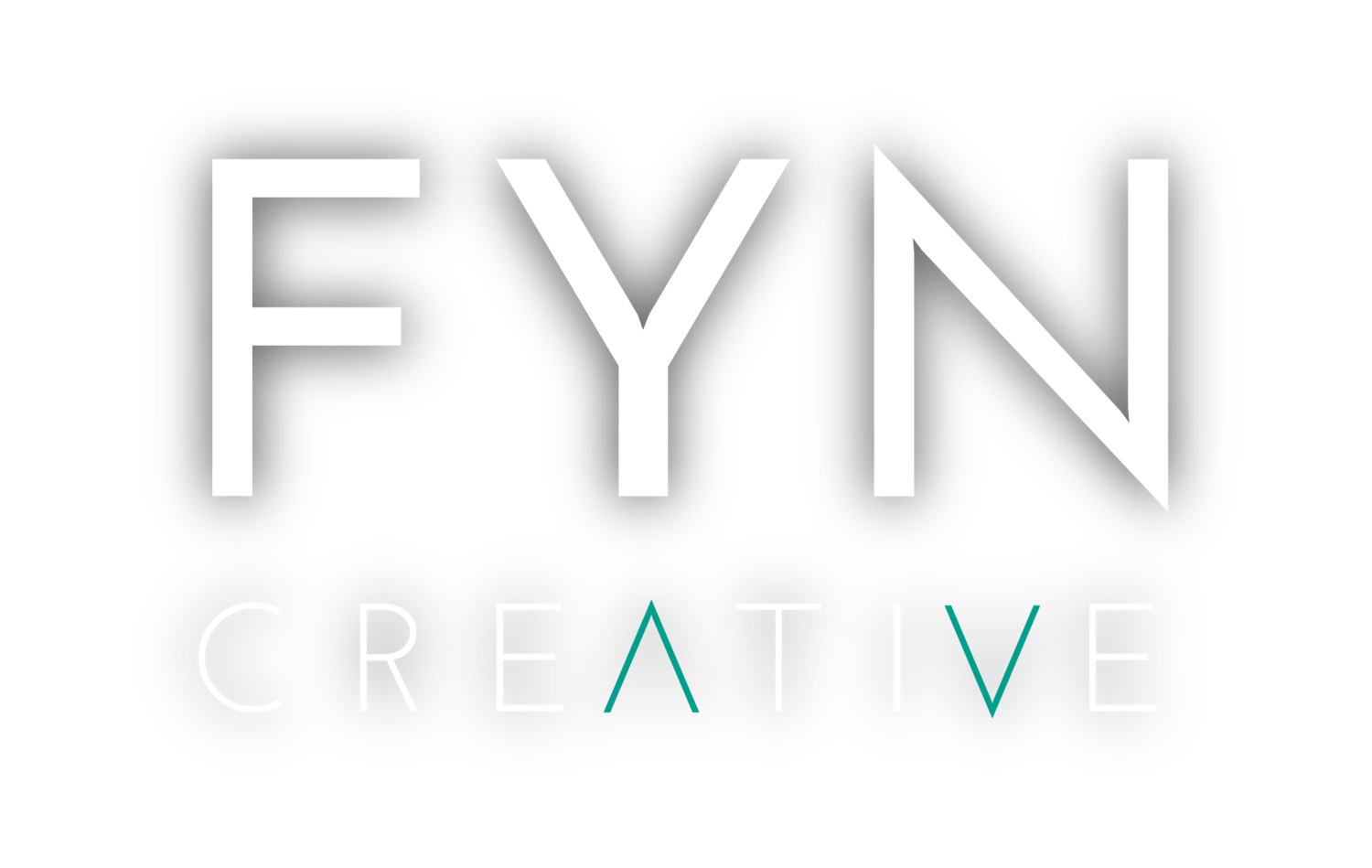“Why are you recording this?” A simple question a student raised to me right before I left Rutgers University after giving a recent talk on behalf of The Niche Movement where I talked about finding meaningful work and innovative career exploration. In the moment I gave the student a fairly quick answer, but this question stuck with me the entire drive back to Washington, D.C. and really made me reflect on why I have been recording different facets of my career and everyday work.
After thinking about it, I was able to break the answer down to three reasons that are important for all of us living in a world where it is easier more than ever to document your journey and tell your story - regardless if you are an individual looking to build your personal brand or an organization look for exposure.
First.
Documenting on film opens up what I call the social media “peephole”. It allows anyone interested to gain a more personal sense of someone’s style. They can delve into the meaning of the content as well as gain insight on the method of delivery, behind-the-scenes action, and genuineness.
The workshop was close two hours long which makes for a large video. However, that larger piece of content can then be broken down into micro-content - a handful of short form clips (audio, video, gifs written word) that is easily digestible and uniquely distributed, showcasing highlights of the longer piece of content or of the greater story. Being open on camera creates a sense of transparency, something that this generation craves. Especially when it comes to decision making.
Donald Miller of StoryBrand hit home when he explained in one of his podcasts from 2016 that “85% of this generation hates the hard sell”. By creating a more personal introduction for yourself (or your organization), you can avoid the pitfalls of stiff, predictable business.
Second.
On a more obvious note, having your professional life documented allows for the creation of a highlight reel. Being an up-and-coming speaker for the past six years, I can always use feedback on what’s working and what’s not. Having a recording of my professional talks enables me to easily look back and reflect on my habits and content as a speaker. From audience engagement to physical qualities such as pacing and eye contact, I can easily look back and make improvements for next my talk. Personal evaluation can be one of the most useful tactics for advancement as you begin to develop your own style.
Last but not least.
It’s more free content for my community (and potential new audience). Just from my talk at Rutgers, I have two hours of content that I can splice and re-imagine into different mediums and sizes from audio soundbites to substantial blog posts. People who weren’t there can get a chance to listen and experience the content on their own time. It can keep the work alive for weeks, months, and years to come rather than let the content exploration end when the physical talk does.
Today it’s easier and faster than ever to record, document, and share content. Yes, you can hire a videographer and use professional equipment, but I am no stranger to propping my iPhone against a makeshift tripod and filming away.
You may be saying to yourself, that’s easy for you to say, Kevin. I don’t have access to a videographer or have money to spend on equipment. Fair enough. I bet you have a smartphone, right? As long as you have a good amount of space on it, start recording with that.
Even if you get a 3 minute clip, it’s a start. Don’t have a videographer or someone handy to film you? Ask someone in the audience to volunteer for a few minutes.
Scared of that? Go on amazon and spend $15 to get a gorilla pod and smart phone adapter.
Then at the very least you can Live on Facebook or Twitter and record your session in real-time, download that video and republish it on Youtube.
Take it one step further and get quality audio by using a Rode microphone like the VideoMic Me or SmartLav+.
Recording and distributing your ideas doesn’t have to be a lengthy, expensive process with today’s technology allowing anyone to create content on the go.
So here’s my challenge: within in a week of reading this, take out your phone and press the record button and document yourself. Then share it.
